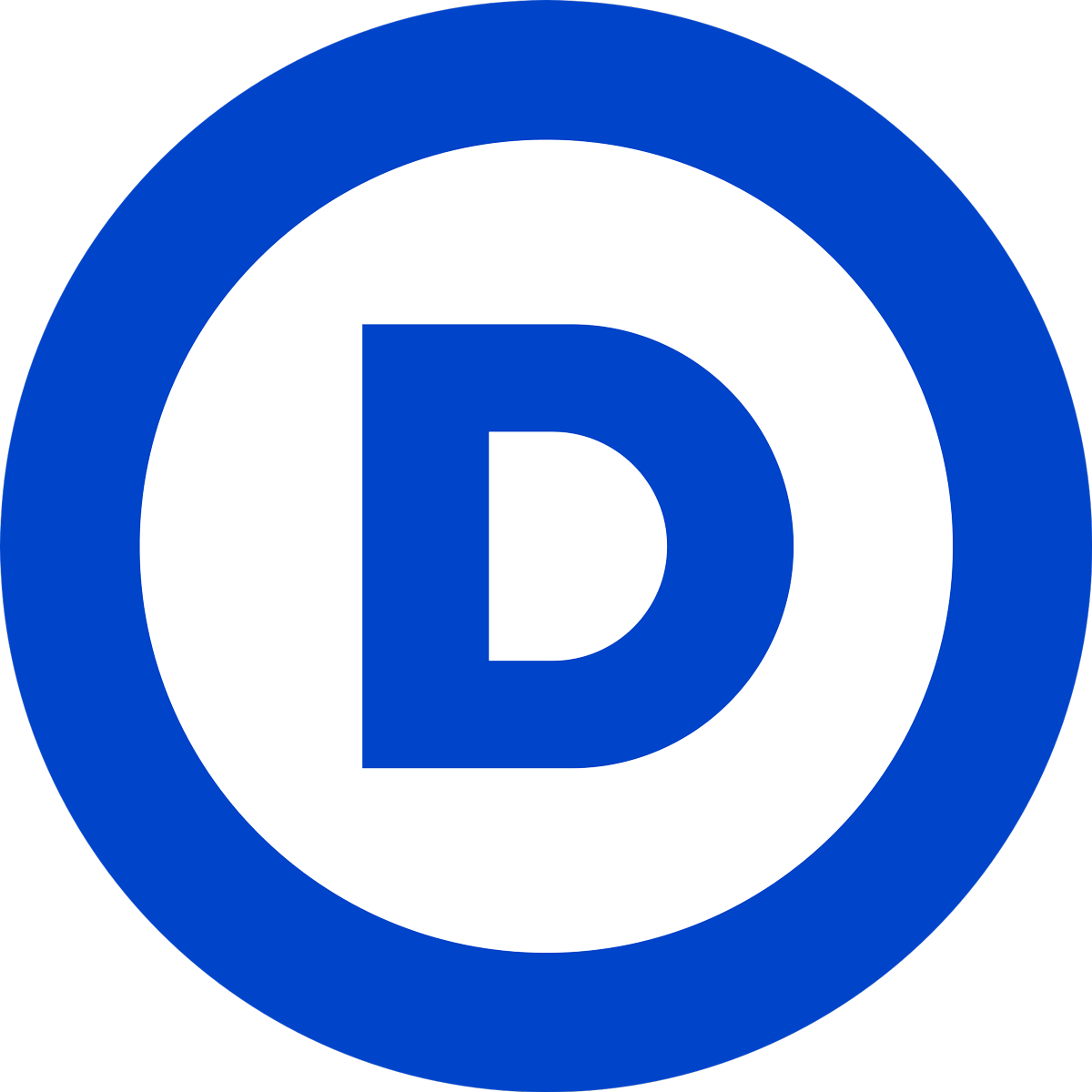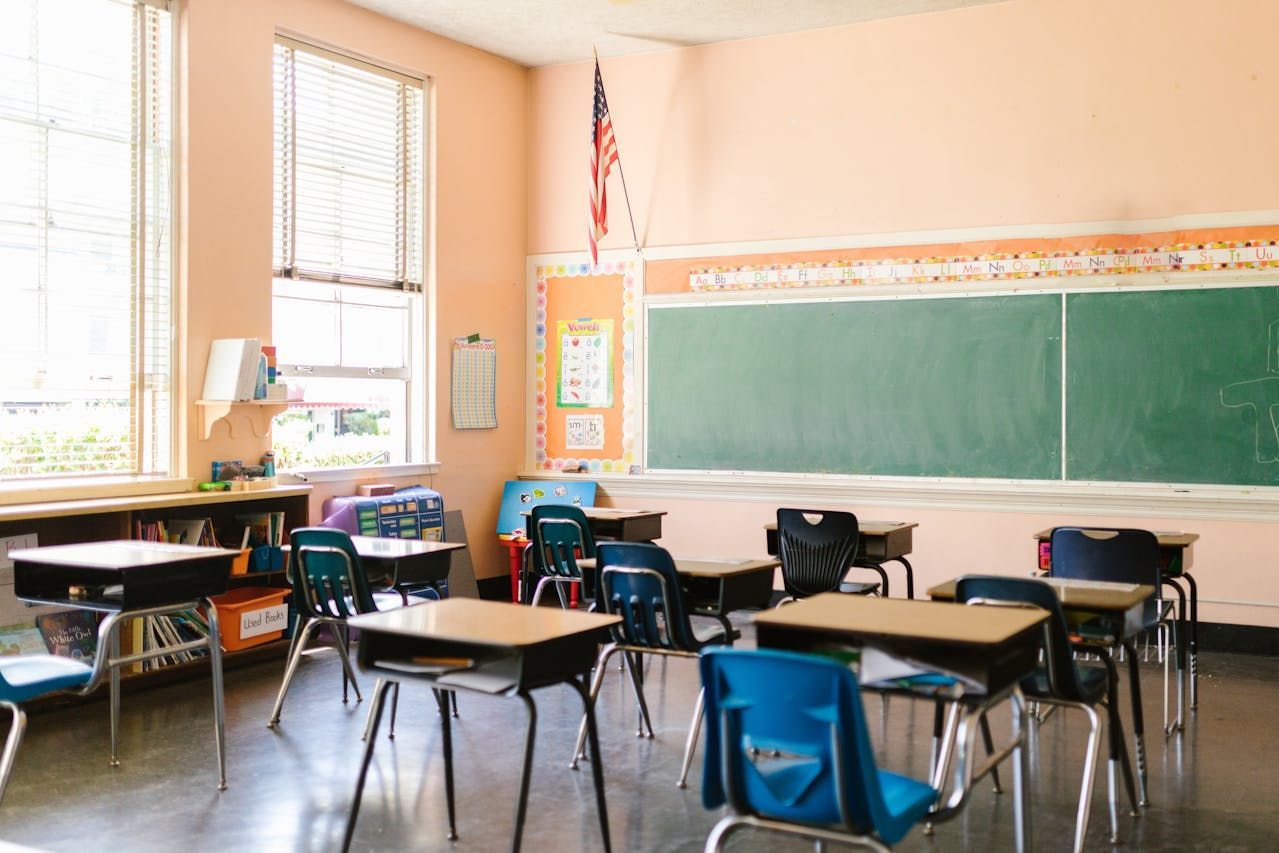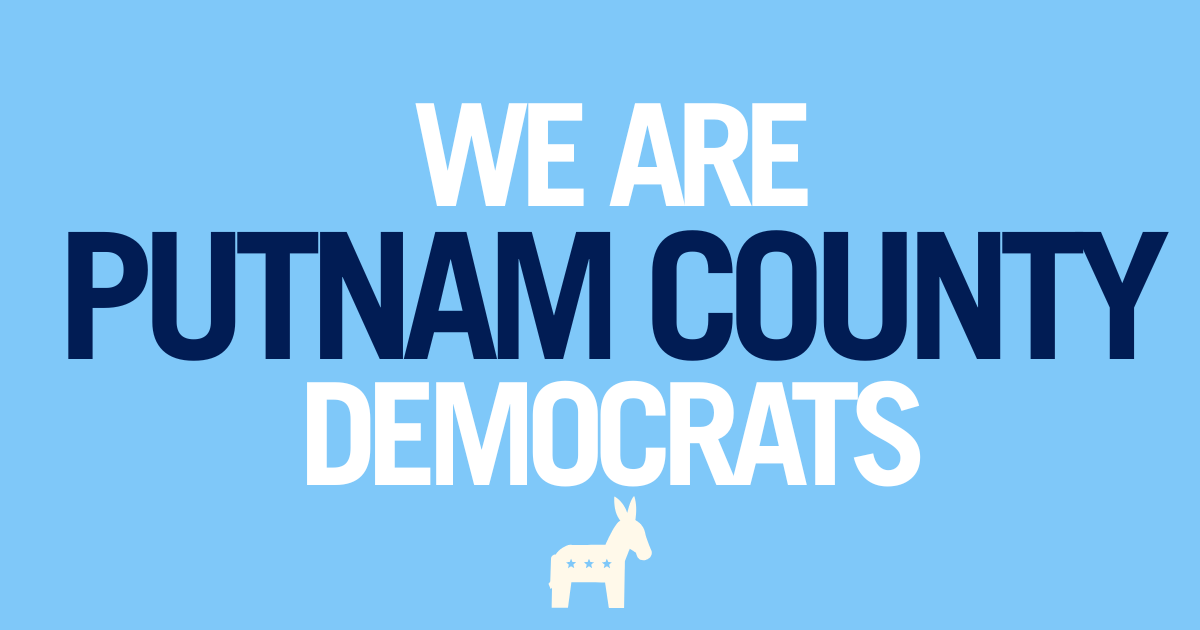NEWS

By Vincent Aguirre
•
February 26, 2025
Putnam County, IN – Putnam County residents recently had a unique opportunity to hear directly from the candidates vying to lead the Indiana Democratic Party during an exclusive Putnam County Democrats Candidate Forum . The event featured Jennifer McCormick, Derek Camp, Destiny Wells, and Karen Tallian , along with a special guest— Democratic National Committee Chairman Ken Martin .

By Vincent Aguirre
•
January 22, 2025
In a groundbreaking move, and just before the end of their term, the Biden administration announced a new policy that will remove unpaid medical bills from credit reports. This decision is set to transform the lives of millions of Americans, including many right here in Putnam County. With 8% of our residents currently burdened by medical debt in collections , this policy offers a beacon of hope and a pathway to financial stability.





